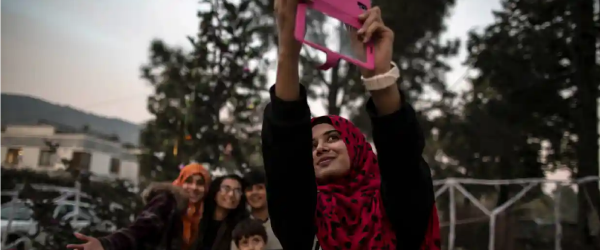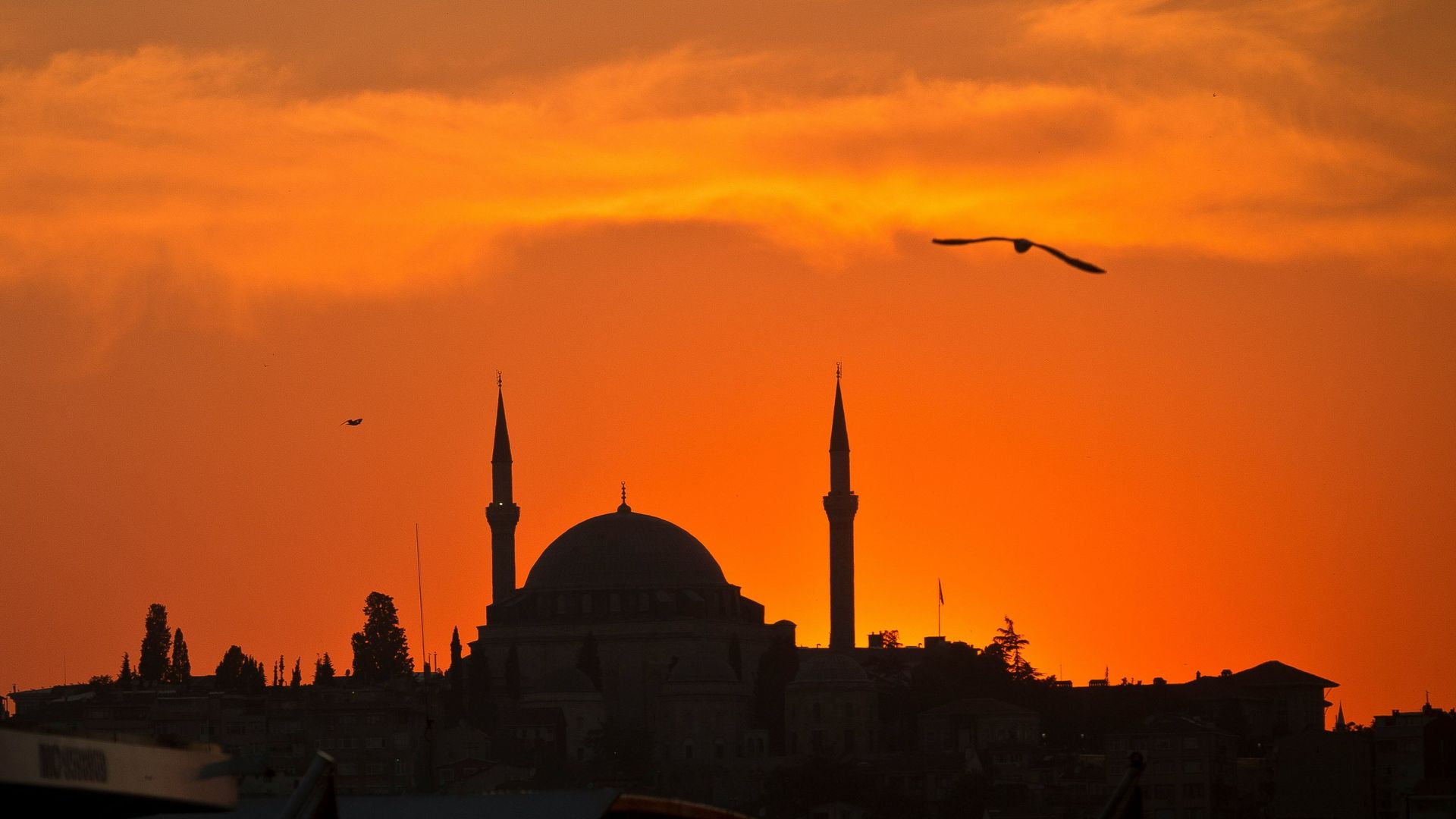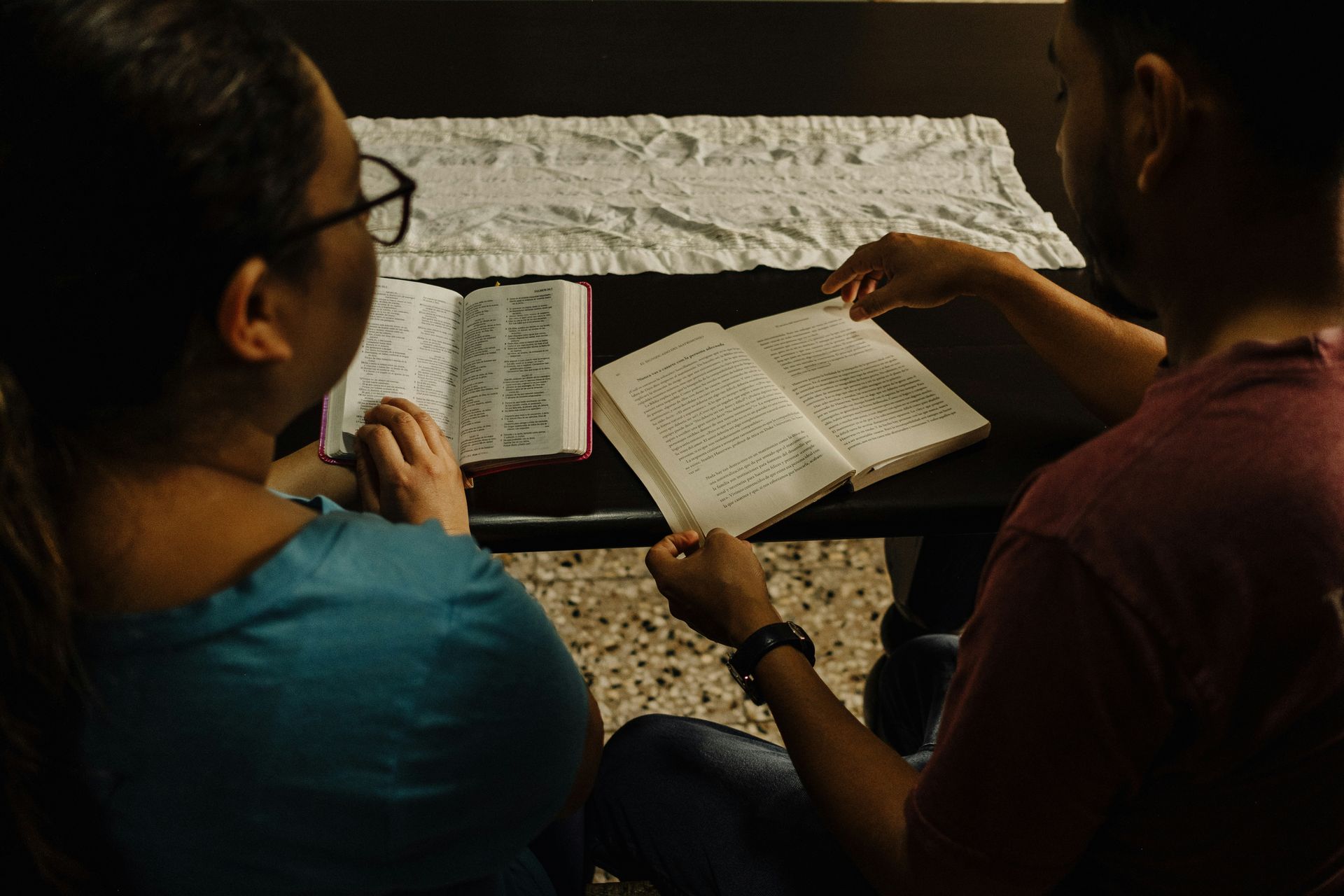By Diaspora North America
•
June 29, 2025
March 7, 2025 Have you ever made a New Year’s resolution only to break it in less than a week? On March 1, 1.8 billion Muslims began their annual fasting month called Ramadan. They are supposed to fast completely—no water or food—during daylight hours from March 1–Mar 29. It begins with much fanfare, promises, and declarations, as fasting during Ramadan is one of the five pillars of Islam. Muslims believe that faithfully keeping the fast ensures one’s place of favor with God. But many Muslims won’t be able to keep the fast through the whole 30 days. The reasons and excuses are myriad. Sometimes they will continue to claim to be fasting, but in reality, they are eating behind closed doors. To gain God’s favor, they must fast through the whole month, not just part of it. So, they live with the guilt and shame of not fulfilling the requirements of Islam. What was supposed to help gain their salvation now stands in condemnation. A Feast Within the Fast To complicate matters even more, Persian New Year’s Day is March 20, right in the middle of the fasting month. Persian New Year is one of the most important cultural holidays for most Iranian and Afghans, as well as many others with a Persian background scattered throughout Central Asia and the Middle East. In fact, many people with Persian heritage don’t just celebrate on one day. Their New Year’s celebrations extend over two weeks! How do they reconcile these two weeks of festivities within Ramadan? For Arab Muslims, it is a non-issue. But for the Persian world, it IS a struggle. The hard-core Taliban will try to push people to keep the fast. However, many will lean more towards keeping their more ancient pre-Islamic traditions of New Year’s. I would encourage you to take time to explore with your Muslim neighbors and colleagues why they fast. Then share why Christians fast. Perhaps read Isaiah 58 with them, summarize it, and ask for their thoughts on this passage. One more thing to note during Ramadan is the Night of Power. Each year, during Ramadan, on or about the 27th day of the month, there is a special time called the Night of Power. This year it will happen on or around March 26. Muslims believe the Night of Power is when Mohammad first received the revelations of the Quran from the Angel Gabriel. Prayers offered up by Muslims during Ramadan—especially prayers in a mosque—are believed to be weightier than prayers at any other time. However, prayers on this special Night of Power, prayed in a mosque, are considered infinitely more valuable than any other prayer. Many Muslims will stay up all night praying on the Night of Power to earn extra points with God. There is a small problem in all of this, though—Muslims can’t agree on which night is actually the Night of Power. It is sometime during the last ten days of Ramadan, with tradition stating that it is on the 26th or 27th night. There are several resources to help Christians and churches pray for the Muslim world through this month of Ramadan. I would encourage you to connect with some or all of them. Please make others in your church aware of these resources. Perhaps you could even host a special prayer time at your church, utilizing these resources. Ramadan 30-Day Prayer Guide Booklet – This can be purchased as a hard copy or PDF. Prayercast – A wonderful website with many videos on the Muslim world. If you sign up, you can receive daily prayer videos that also work great during a Sunday worship service to help raise awareness of the need for prayer for the Muslim world.






